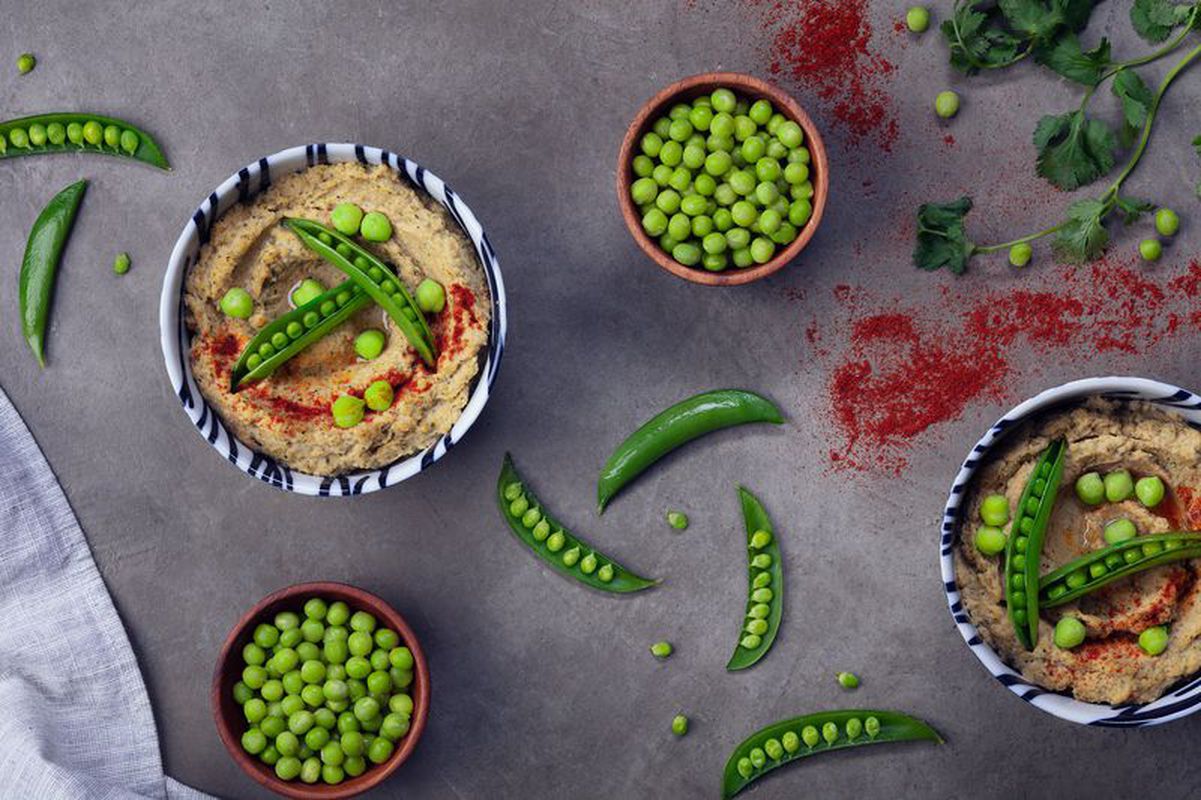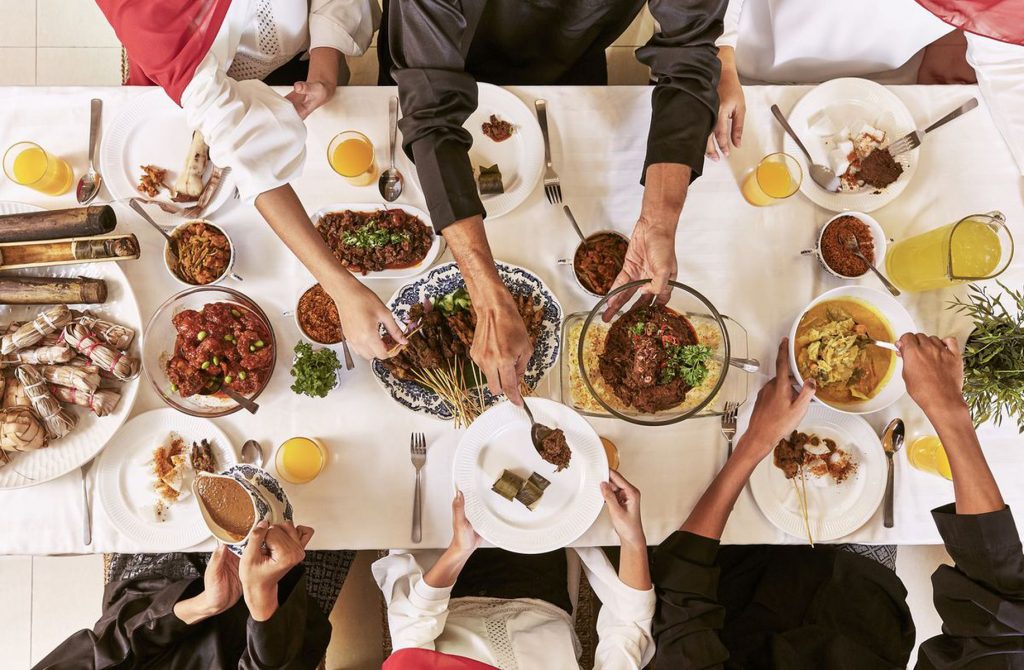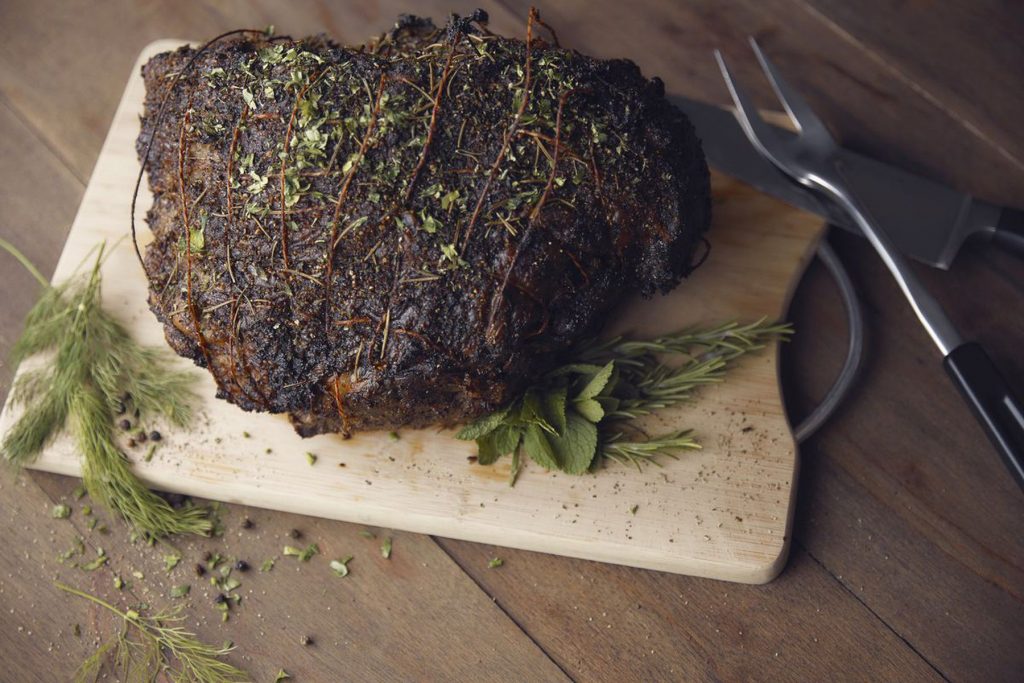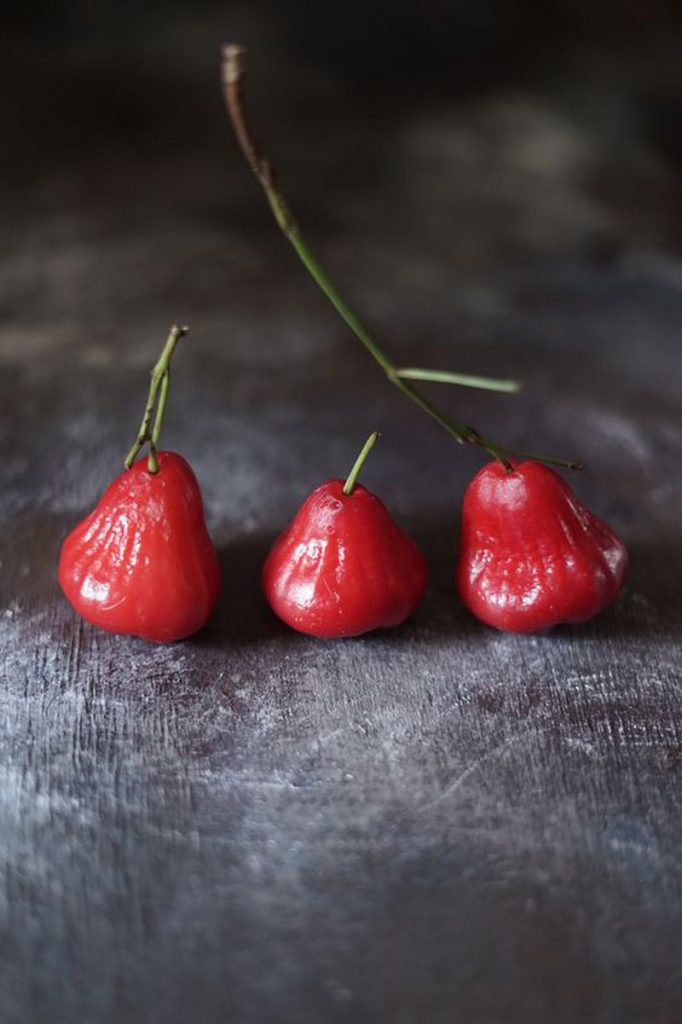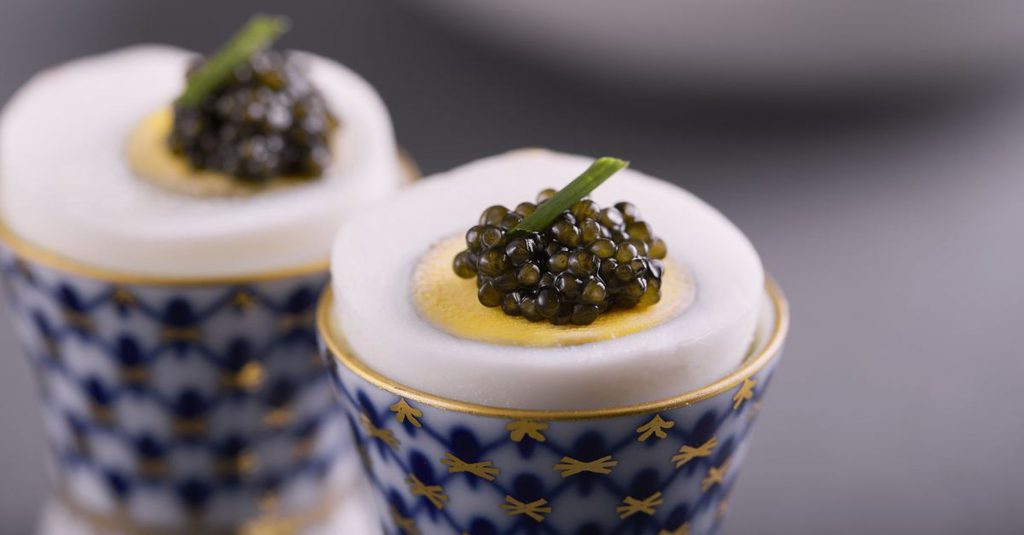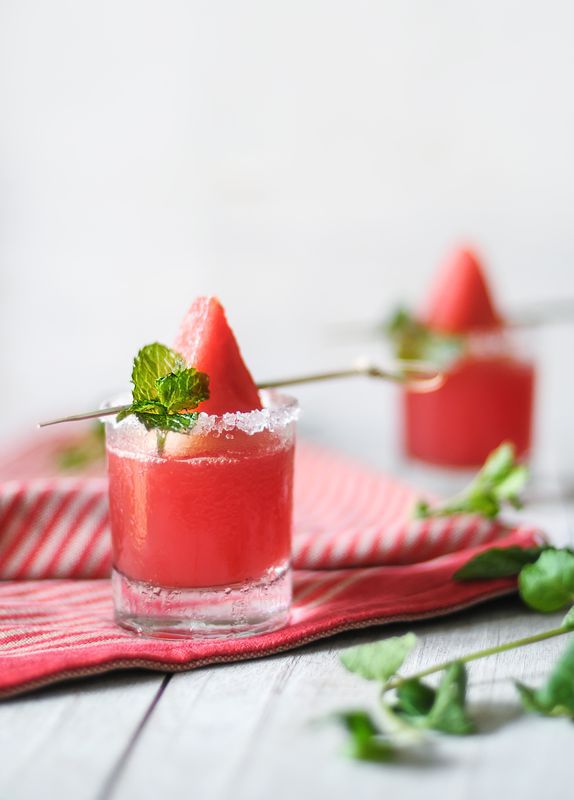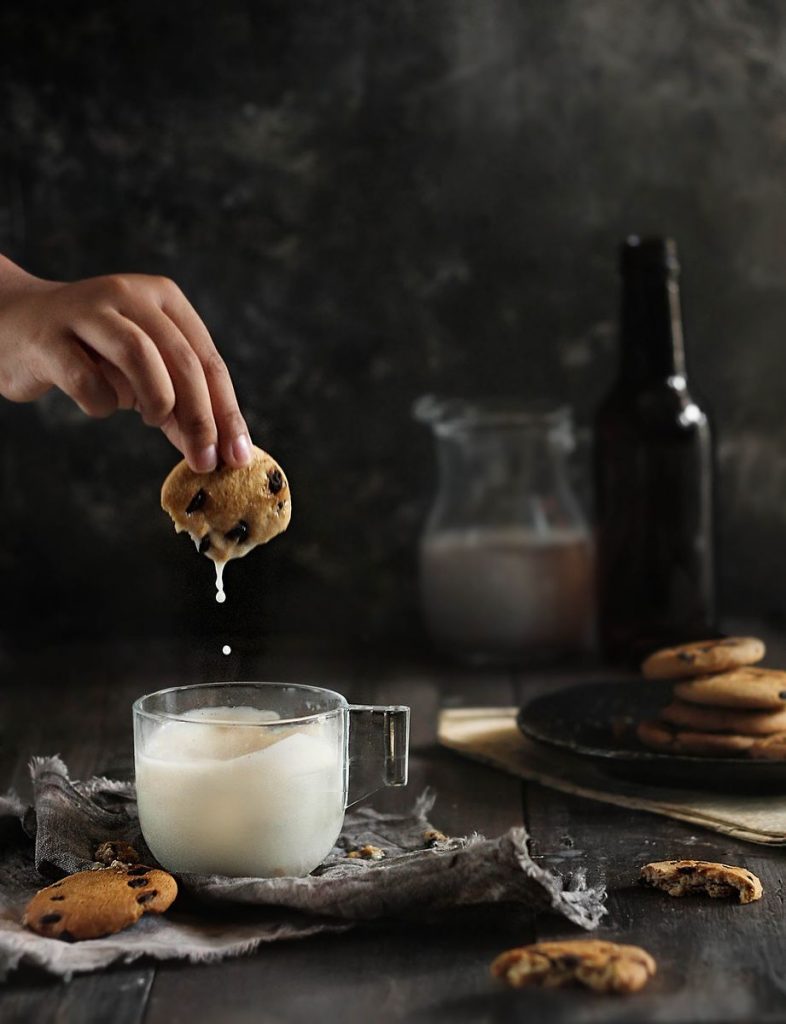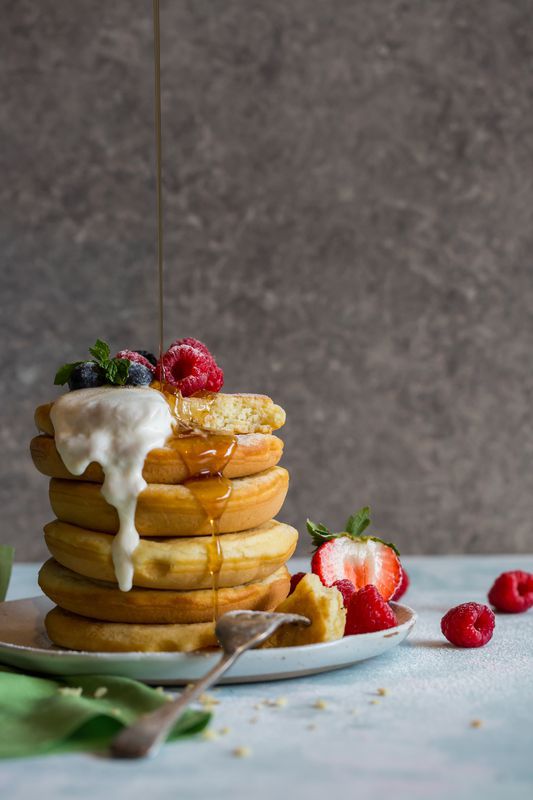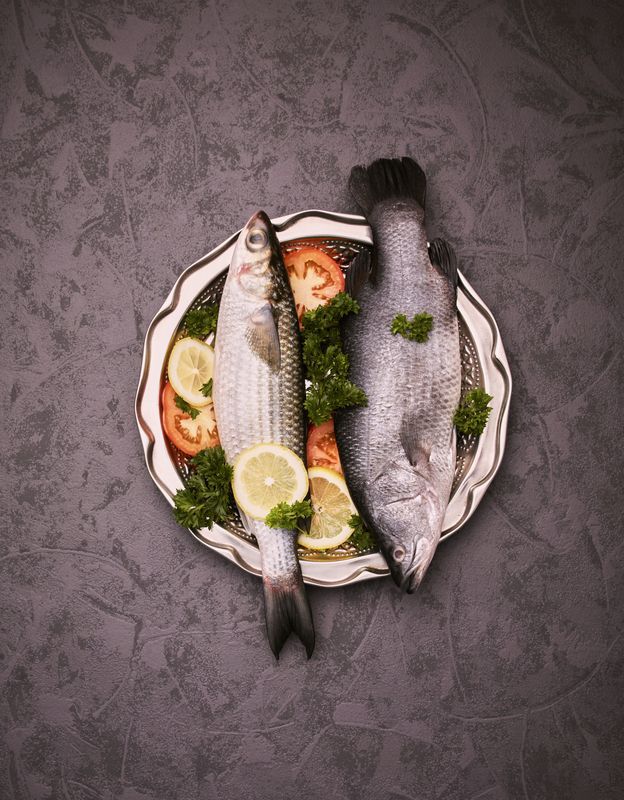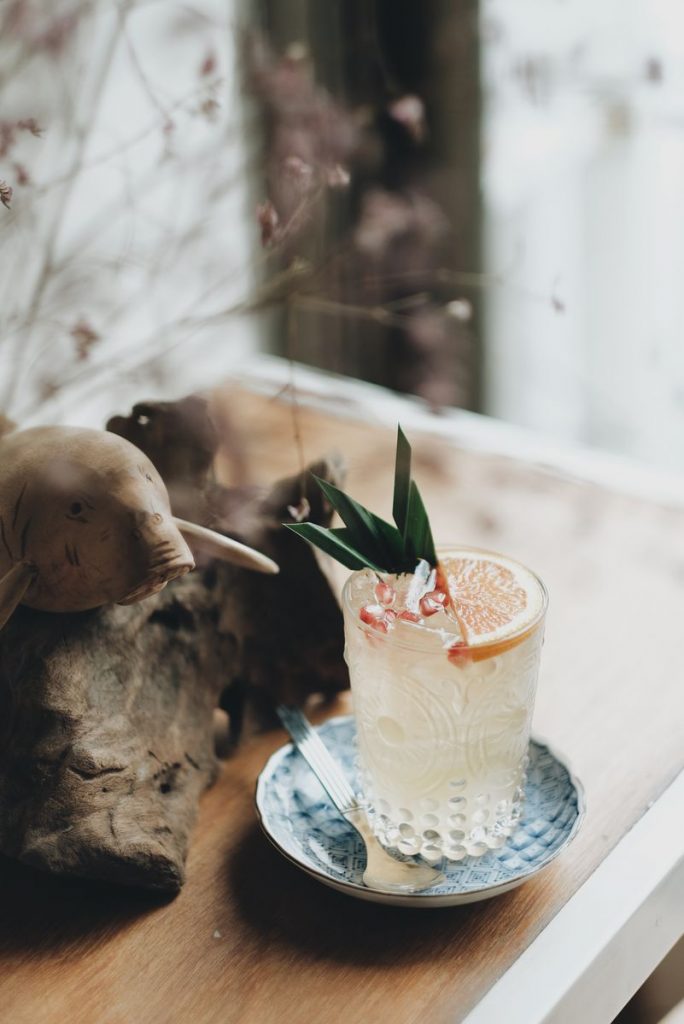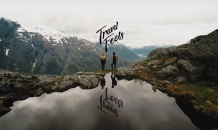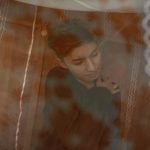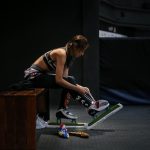You can spice up your food photography will all manner of lighting techniques, but a food photographer’s work is only as good as their styling. Understanding the best angles and framing is key to developing photos that not only look good, but whet the appetite too.
Here, we serve up eight food styling tips for that perfect food shoot, even with a lot on your plate.
8 Food Styling Tips for Better Food Photos
#1 Shoot undercooked food
Cooking food completely makes it lose moisture and shrink. Always request for meat and veggies to be a tad undercooked so they still look plump. Use a kitchen torch to roast the paler parts of the food if you have to. You should never shoot (nor eat) a piece of steak that is well done.
#2 Three is better than one
There is also a ‘rule of thirds’ for styling, especially when dealing will smaller food items or garnishes. Always use odd numbers and when in doubt, three is enough. A pot pie would look rather lonely by itself, don’t you think?
#3 Only use top models
Especially when working with raw ingredients, use the better-looking ones. Anything old, wilted or ugly should either be trimmed to perfection, or cut out of the shoot.
#4 Colour wisely
Use contrasting or complementary colours of different textures to create balance. Make sure that the colours are framed properly, and avoid using anything blue as it can look unappetising.
#5 Use height and motion
Elevate dishes from the back or use display stands to improve angles and create height differences. To elevate ingredients on a plate, use shortening or mashed potatoes. Throw dry food around (the plate, not the room) and pour liquids to create some motion.
#6 Garnish up
Have plenty of fruit and leaf garnishes on hand, especially herbs, limes, and lemons. Use raspberries and cherries to style desserts, as red is known to increase appetites. Less is more, so go easy on the garnishes.
#7 Stay cool
Most foods photograph better when they are cool. Ice cream or any liquid that melts easily should always be frozen beforehand, and raw foods such as fish and meat should be chilled so that they retain their firmness long enough to give you enough time to work with them.
#8 Use natural light
As far as possible, use natural light and strobist techniques to remove shadows. Avoid artificial yellow light if your shoot’s style is not rustic.

